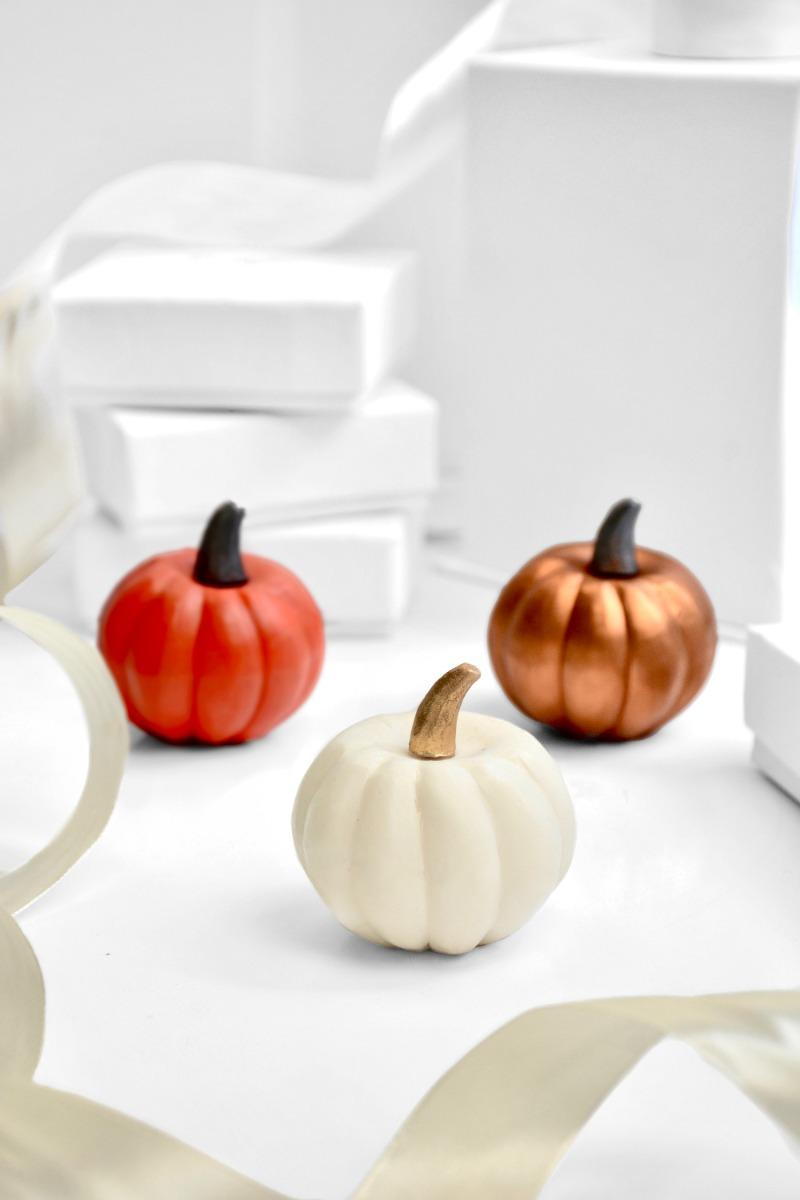Tricks to handling Halloween treats: a Guide for Emotional Eaters

Tricks to handling Halloween treats: a Guide for Emotional Eaters
Halloween is often a challenging holiday for people who struggle with overeating, binge eating, and emotional eating. It seems that everywhere you look is bursting with candy. And the Halloween shops are displaying an array of trick-or-treat baskets and skimpy adult costumes for sexy witches, barmaids, and vampires. These displays are tricky and triggering for people with body image concerns.
We obsess about how we are going to handle ourselves around all that candy when Halloween arrives. And we torment ourselves with ambivalent thoughts. On the one hand, we might say to ourselves, “Maybe it’s okay to indulge, just this once.” On the other hand, we worry that one indulgence might lead to overeating and weight gain.
This holiday is uncomfortable for many people so you don’t have to feel abnormal about disliking Halloween. For people with eating issues, it is quite normal to dread a day in which we worry about the “after Halloween binge,” eating the extra candy that we didn’t give out (especially this year due to the virus), eating our kids’ candy, or candy we bought in anticipation of the holiday—telling ourselves all the while that we are buying it for trick-or-treaters, but knowing in our hearts that it was really for ourselves.
However, you have options about how you handle the day. Instead of romanticizing the holiday and the pleasure you might receive from eating candy, remind yourself that most adults don’t have the metabolism, teeth, or general well-being for their body to tolerate lots of sugar. The imagined pleasurable indulgence is likely to wind up in bloating, depression, and lower self-esteem.
You also have choices with the food. The way Halloween is best celebrated depends on an honest assessment of your comfort level with sweets; not where you wish you were with food. For example, for many people who are just starting to recognize and deal with food issues, or for those who have been struggling for years and feel stuck in negative eating behaviors (assuming you don’t have small children), it would be better to avoid the holiday altogether. If you are in this category, make a plan to have fun on Halloween, away from all the holiday festivities. Going to the theatre, a movie, or an art museum or gallery are a few alternatives. If you are in a position to do so, consider volunteering for a cause you care about, putting the focus on helping others (which often results in a feeling of fulfillment and gratitude). You might treat yourself to a day at the spa (or shopping for a light-therapy box), hiking in nature, or taking a day trip. All of these activities reinforce the reality that you aren’t missing out on anything by not celebrating a holiday that makes many adults feel horrible the next day or the day after.
During the period of time leading up to Halloween, it is wise to remember that all the holiday candy offers a false promise that these sweets will make us feel good. The reality is, most people who eat Halloween candy feel lethargic and discouraged afterward. In addition to the physical effects, it leaves most adults feeling crummy about themselves and with increased worries that this is just the beginning of the holiday season with many eating occasions on the horizon. How will we make it through to the first of the year without gaining a lot of weight?
If, however, you are in a centered place about food and able to engage in intuitive eating—eating when you are hungry and stopping when you are full (leaving the table when you feel light, not stuffed)—you may enjoy some Halloween candy. That’s usually most safely done in the company of other people. And for people who are new to intuitive eating, desserts are most easily handled in restaurants.
If you must deal with the holiday because you have small children, you can buy candy that you know you dislike. You can give out candy for a designated amount of time and then turn your light off. If you are worried about leftover wrapped candy, you might store it in a relatively inaccessible place until you can bring it to a homeless shelter. Another alternative is simply to keep your light off. Nowadays, many people are avoiding Halloween because of concerns about COVID.
If, however, despite your best intentions, Halloween results in overeating or a binge, remember that it is just one day. Forgive yourself and move on! You are resilient and can always learn from imperfect eating experiences. One bad day is not a premonition that you will overeat or gain weight until January 2.
Halloween can be an opportunity to have a fun day that does not involve emotional eating. You want to begin the holiday season feeling as confident, empowered, and relaxed as possible.
